Better call Saul: ‘My job ends now’ says the man who successfully defended Gable Tostee
HE IS the smooth-talking silk who had Gable Tostee acquitted of murder and defended Jill Meagher’s killer. But just who is Saul Holt, QC?
HE IS the smooth-talking silk who defended Gable Tostee.
But just who is Saul Holt, QC, the defence barrister who had his high profile client emerge from Brisbane Supreme Court a free man last week, following the court drama of the year?
The New Zealand native is no stranger to the media spotlight, in fact, Mr Tostee may arguably be not his most high profile — and definitely not his most hated — client.
In 2013, when Mr Holt was Chief Counsel for Victorian Legal Aid, notorious serial rapist Adrian Bayley was public enemy number one in Australia.
After he raped and murdered Jill Meagher, Bayley exercised his legal right to mount a taxpayer-funded appeal against the 35-year minimum imposed by the Supreme Court.
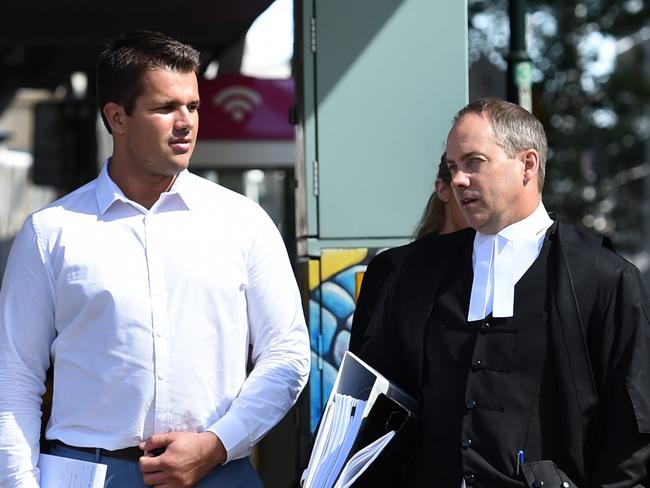
It was Mr Holt, who, unsuccessfully, argued in the Court of Appeal that the term was excessive.
Two years later, Bayley was convicted of a series of other rapes that he committed prior to the murder of Ms Meagher, again with Mr Holt defending him.
In the wake of these convictions, he again sought taxpayer-funded Legal Aid to appeal the minimum non-prole period imposed.
He was refused.
It left Bayley with just one option.
Better call Saul.
At about the time he had been enlisted by Mr Tostee, Mr Holt, who legal sources estimated would command a fee of around $6000 per day, stepped in to represent Bayley pro bono.
This time he was successful.
Bayley’s minimum non-parole period, which had been increased to 43 years after the three rape convictions, was cut to 40 years.
A small concession that meant he would be eligible for parole in 2055 at the age of 83.
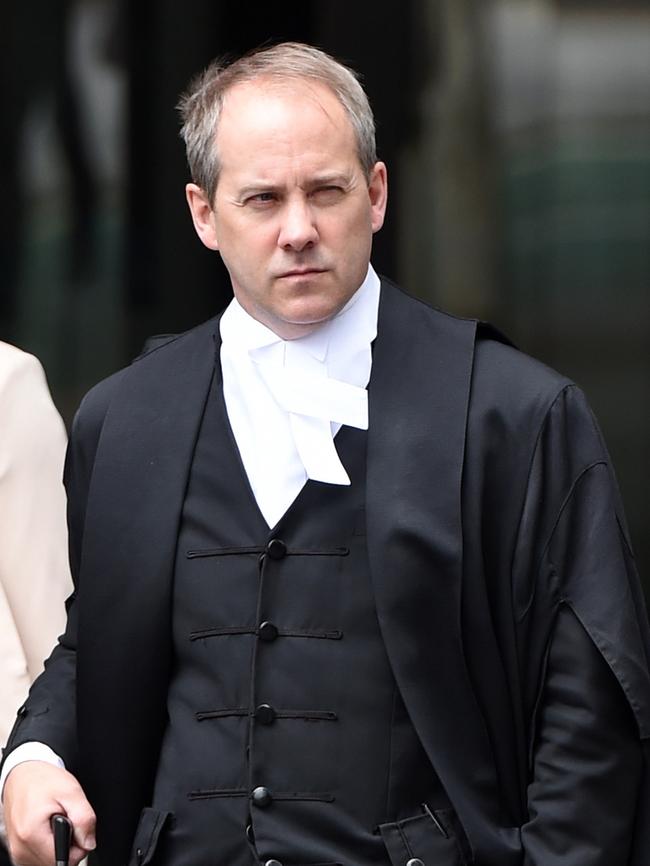
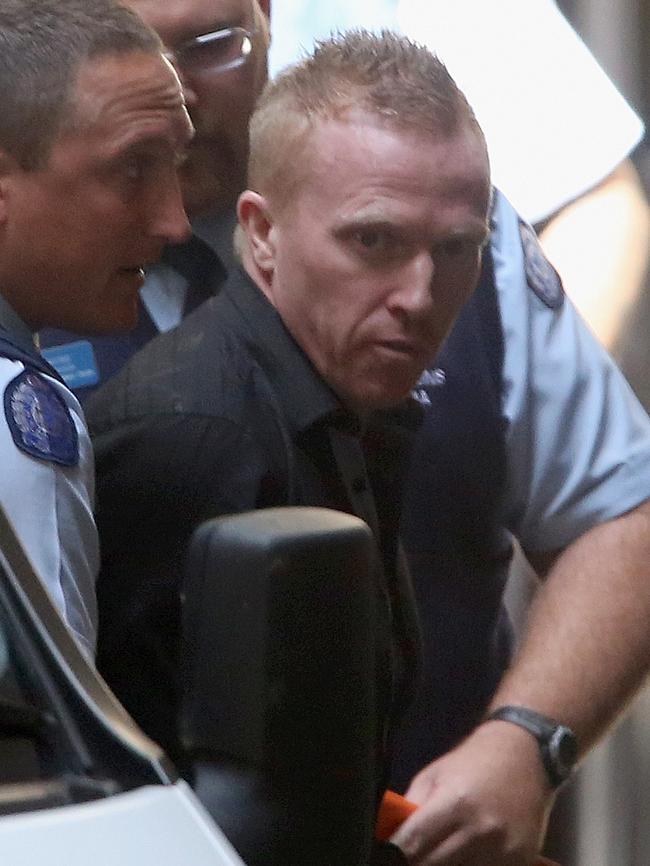
By the time he stood before a Brisbane judge representing Mr Tostee on his first day at trial two weeks ago, amid an intense media spotlight shone by both Australia and international news outlets, Mr Holt was adept at representing unpopular clients.
In the wake of a jury acquitting Mr Tostee of both the murder and manslaughter of Mr Holt’s fellow Kiwi, Warriena Wright, last Thursday, he appeared via Skype, on Radio New Zealand’s Checkpoint program.
Asked by host John Campbell if he found it hard to represent a man like Mr Tostee, whose reputation in the media had been of a man with scant regard for women, Mr Holt’s answer was brief.
“The short answer is no, he’s not a hard man to represent,” Mr Holt said.
Like many a defence barrister before him, Mr Holt appears to have a love-hate relationship with the media.
In his interview with Mr Campbell, he said his client, Mr Tostee, had suffered enormously, during two years in the media glare, after Ms Wright fell to her death from his 14th floor Gold Coast balcony.
“The way in which a person is reported in the media is often wrong, if not always necessarily wrong,” he said.
“People are shades of grey, people have different experiences and backgrounds and I’m not sure how many of us would describe the sort of inquisition in the media that Mr Tostee has been through over the last two years.”
He gave a brief insight into Mr Tostee’s relief at the jury finally acquitting him, after four days of deliberations.
“He looked like, and behaved like, a different man after the verdict came in (Thursday) from the person I have got to know over 12 months,” he said.
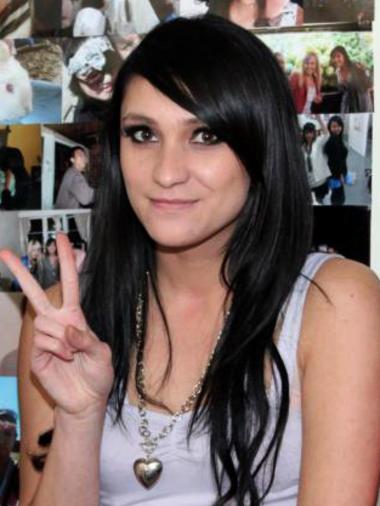
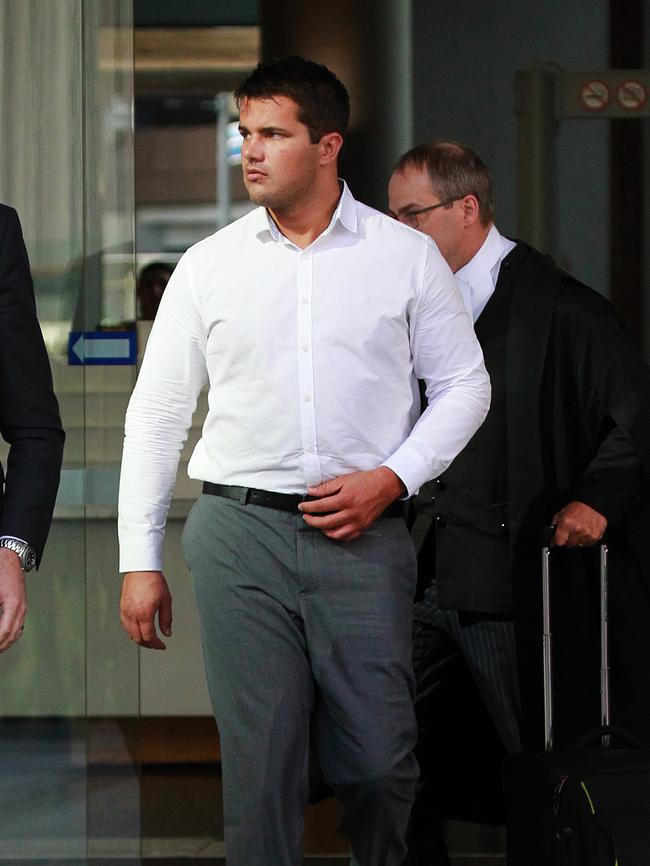
“The weight of that process lifting from him was a sight to see. It was just immeasurable, obvious and palpable relief.”
In his 18 years arguing cases before juries, Mr Holt has not always been on the defensive side.
For nine of those years, before crossing over to the defence side, he was a Crown prosecutor in New Zealand, imploring jurors to put people in jail, rather than keep them out.
He became Chief Counsel of Victorian Legal Aid, the taxpayer-funded agency that provides legal services to the disadvantaged in 2012, the same year he took silk, making him a Queen’s Counsel.
But in something of a juxtaposition, while representing high profile accused criminals such as Bayley in his new role, Mr Holt has simultaneously acted as a legal member on the Royal Children’s Hospital Human Research Ethics Committee in Melbourne.
He is also a Victorian Law Reform Commissioner.
He now practices in both Victoria and Queensland, after moving to Brisbane in 2014.
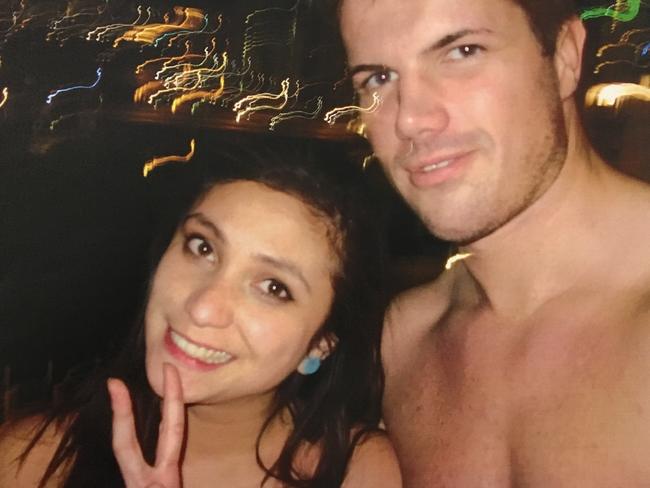
Bill Potts, president of the Queensland Law Society and a defence lawyer with 36 years’ experience, said barristers representing unpopular clients can often find themselves the subject of public disdain.
“I’ve been spat upon, abused, threatened and often told that I myself am a criminal,” Mr Potts said.
“Often the public misunderstand you, they think because you are representing a person charged with murder mean you condone murder, they transpose the fact you are acting for this person out of some kind of personal interest.
“I think that’s quite callous and simple.
“More often than not, most trials are funded on Legal Aid, so it’s not done for the fortune. “Criminal defence lawyers genuinely and passionately believe in the justice system.
“Even the most heinous, reviled and disreputable people in the community still have rights.”
Among other high profile cases Mr Holt has taken on while in Queensland has been that of one of the many Gold Coast Titans players felled by a Crime and Corruption Commission cocaine sting in 2014.
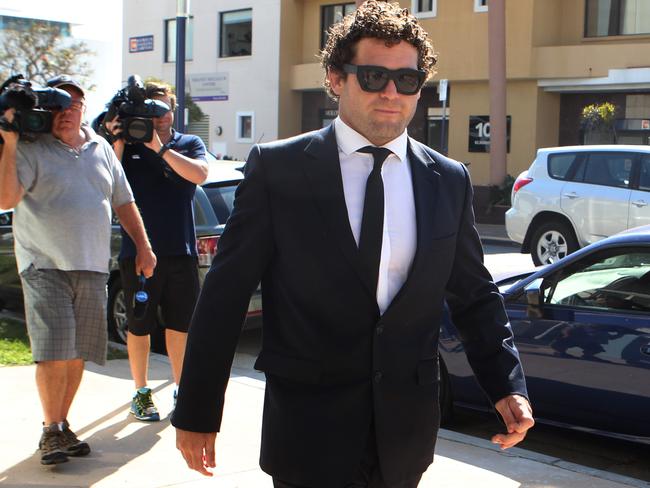
Mr Holt took on the case of Beau Falloon, having the charge thrown out of court without prosecution, and effectively saving the player’s career.
Despite calling Australia home for nine years, Mr Holt’s heart still clearly rests with his homeland.
The only media interviews he has given in the wake of his successful defence of Mr Tostee were with Kiwi news outlets.
He did not respond to an interview request from news.com.au.
In his in-depth Radio New Zealand interview last week, he described Mr Tostee’s case as one of the most unique of his career.
He indicated without actually saying that without the audio recording Mr Tostee made of his Tinder date with Ms Wright, he believed the 30-year-old carpet layer would most likely have been convicted of murder.
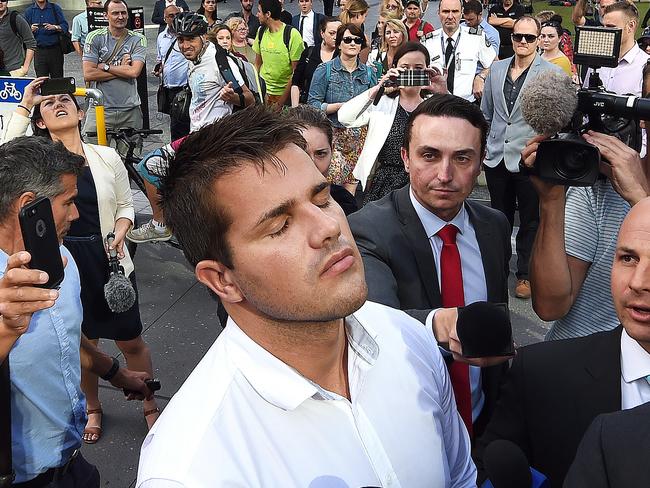
“The jury knew the words that had been spoken by both of these young people, they knew exactly what both had done, both had their flaws and their virtues laid bare for the world to hear and the jury made an assessment on that basis,” he said.
“Had this recording not existed ... we would have been dealing with a case where the only evidence would be a seriously messed up apartment, together with what the neighbours heard, which were the awful, screams and noises which Warriena Wright made, and then the fact she was dead at the bottom of the balcony.
“No-one, absolutely no-one, not in a million years, would have believed an account that said she had been doing the things she had been doing in that apartment, that the evening had played out like it had unless there was a recording of it.
“The prosecution relied very heavily on that tape, as did we. It was critical for everybody.”
In relation to his high profile client, Mr Holt said his work was now done.
Now, as Mr Tostee attempts to move on with his life, Mr Holt said, he is again setting a precedent, just as his court case had.
“The short answer is (he is in) uncharted waters,” he said.
“There are very, very, very few people in Australia or New Zealand who are in Mr Tostee’s position, who have been through the two years he has been and who have then been acquitted of the most serious crime on our criminal calendar.
“How you pick up the pieces of your life after that? The short answer is, ‘I don’t know’.
“My job ends now.
“That’s the job of his family and friends to help him through what will no doubt be, a really difficult transition.”
